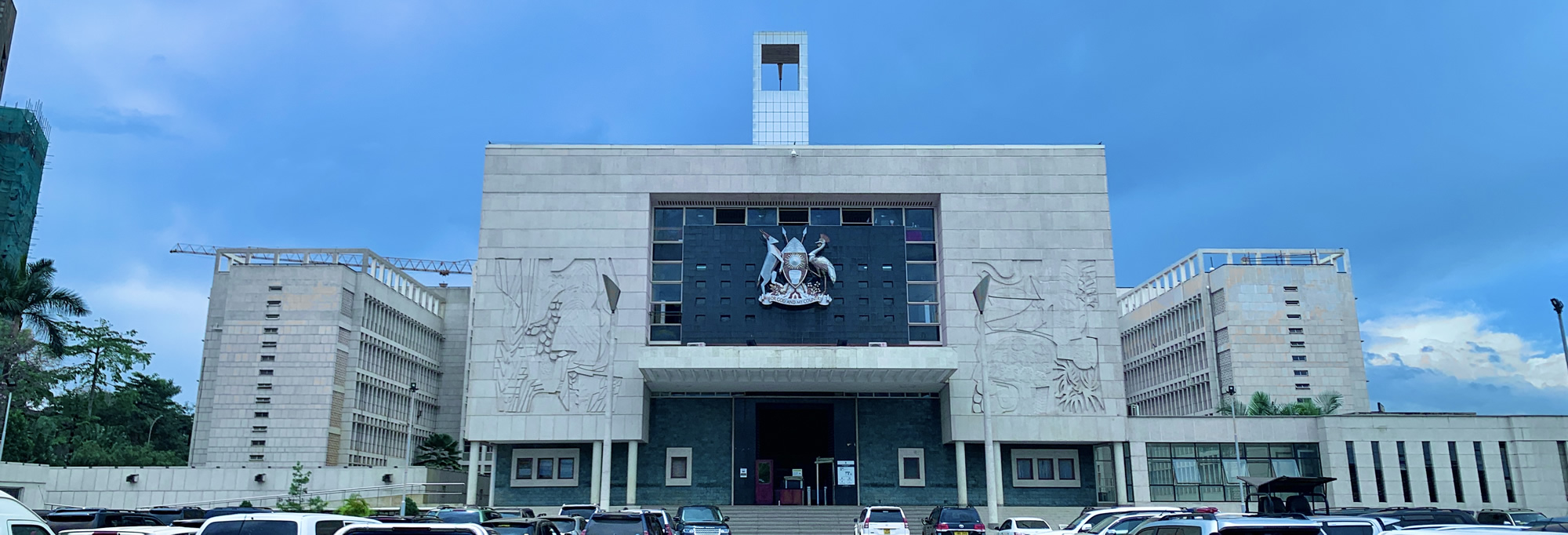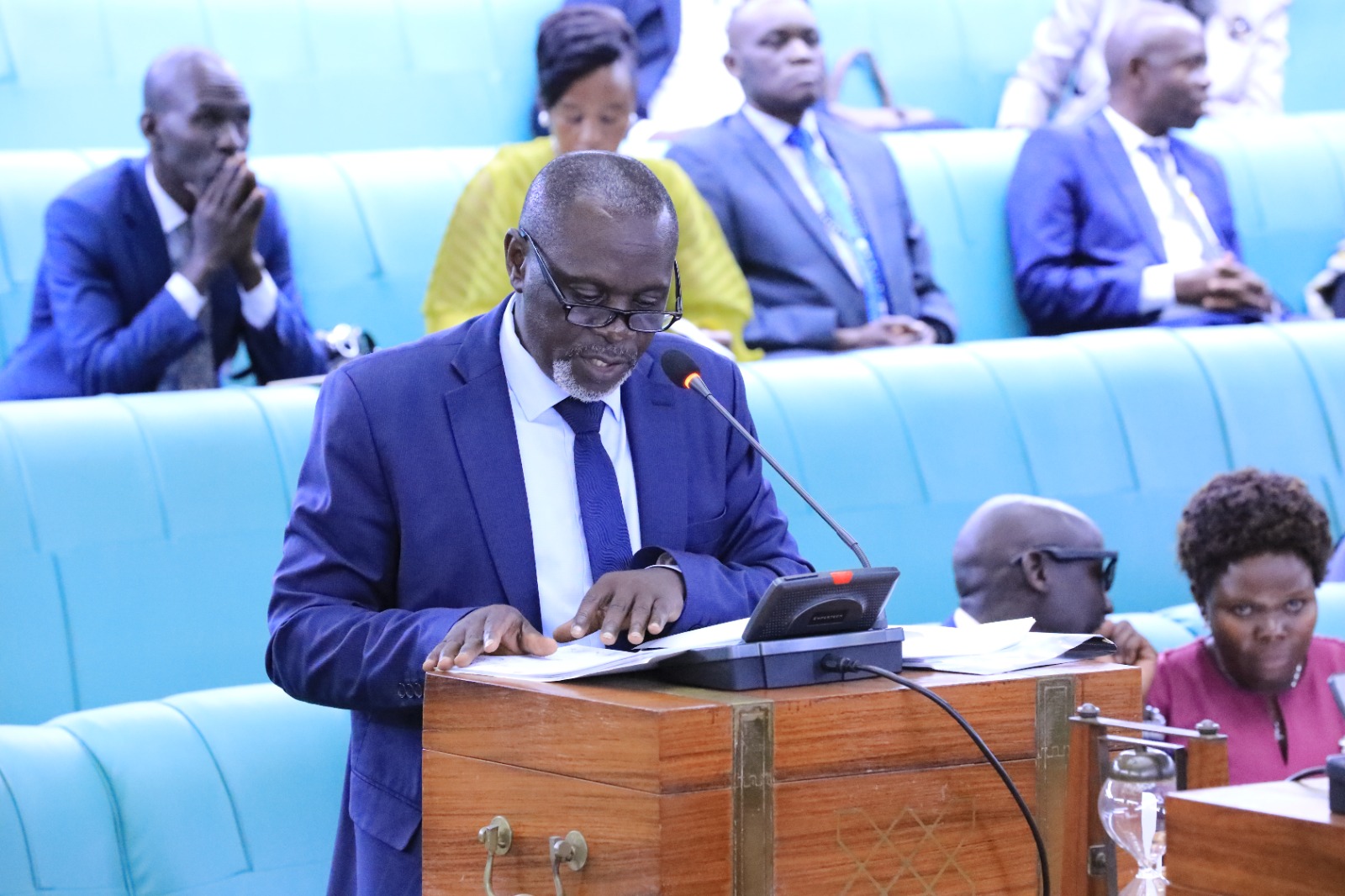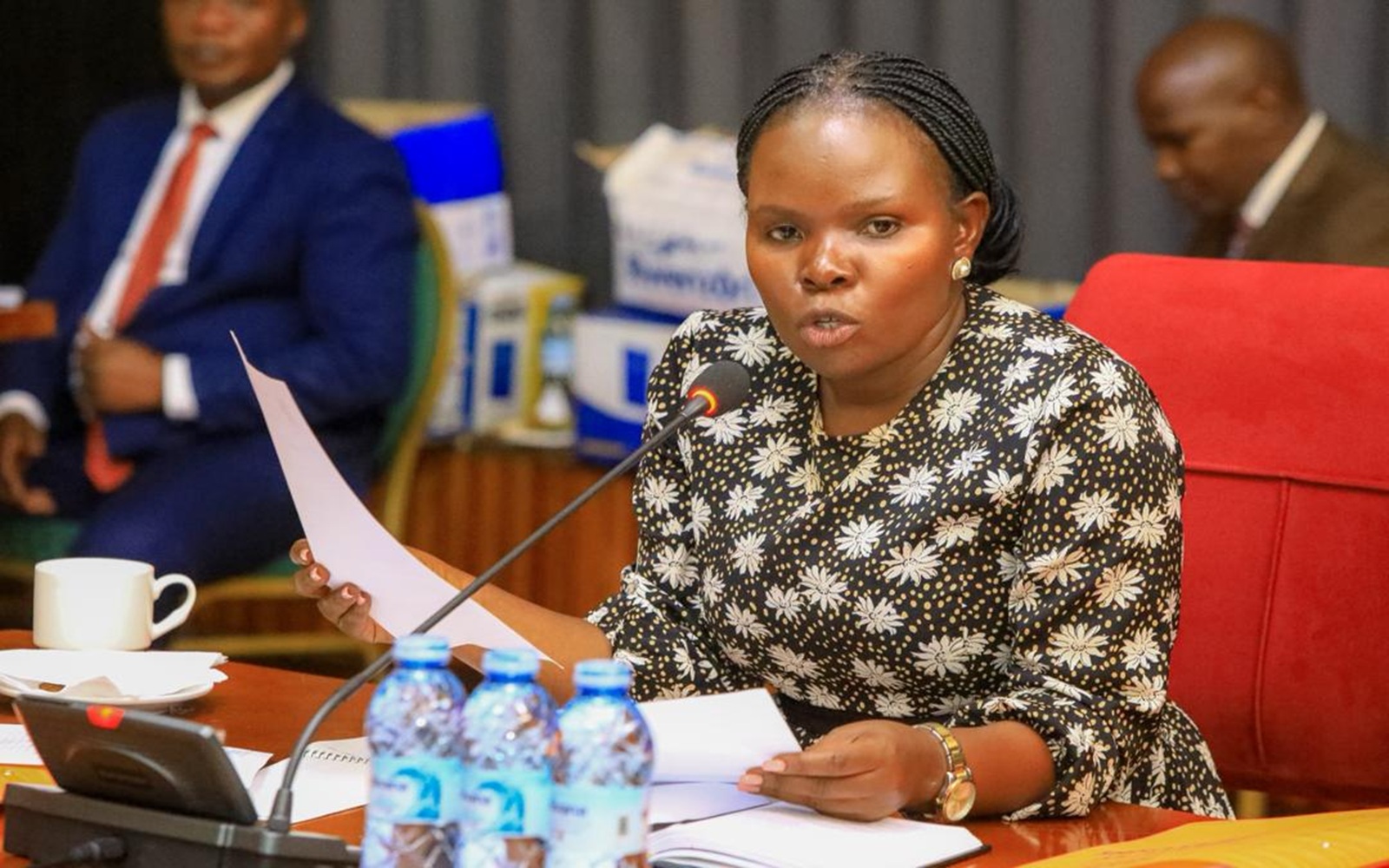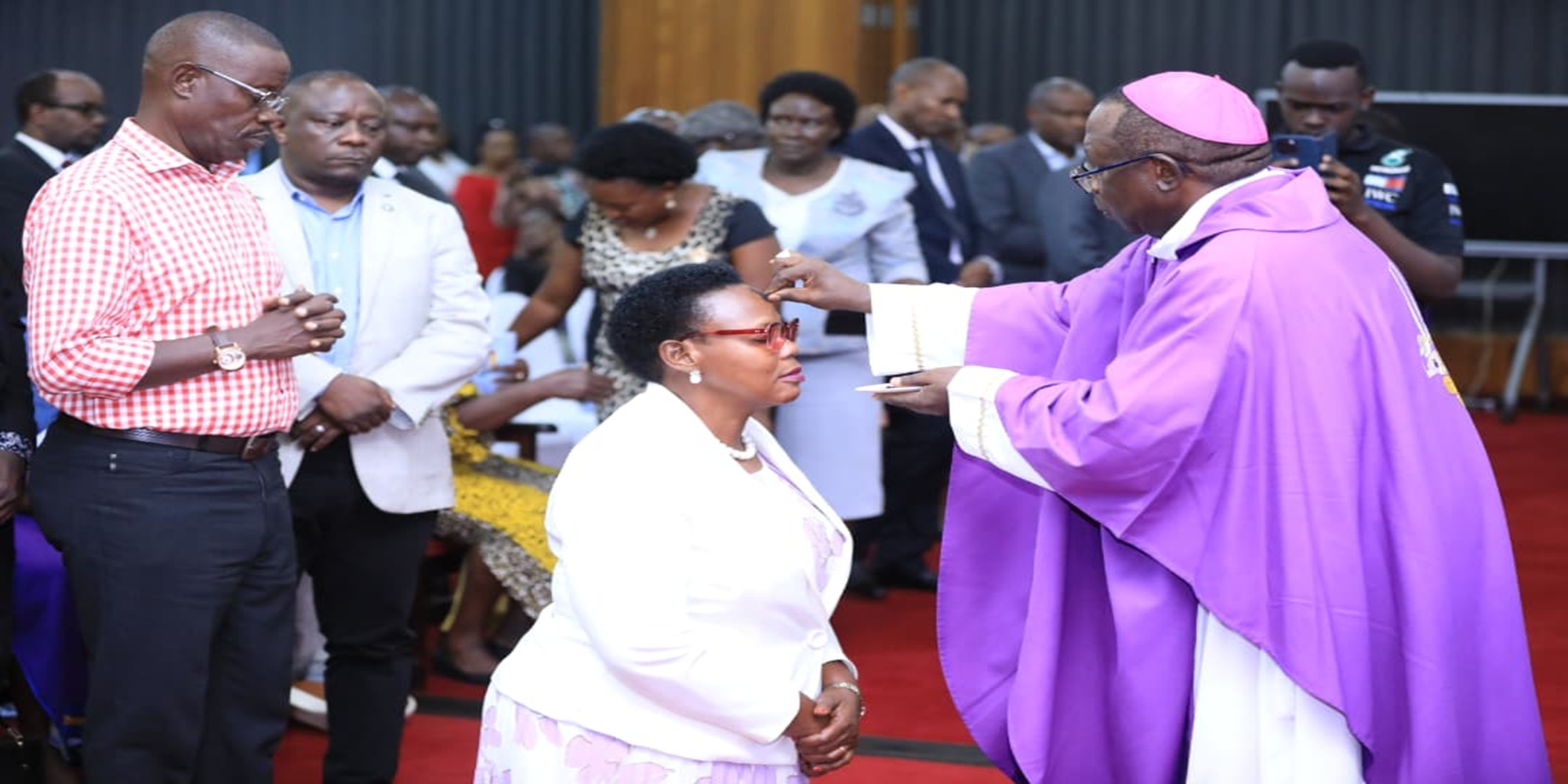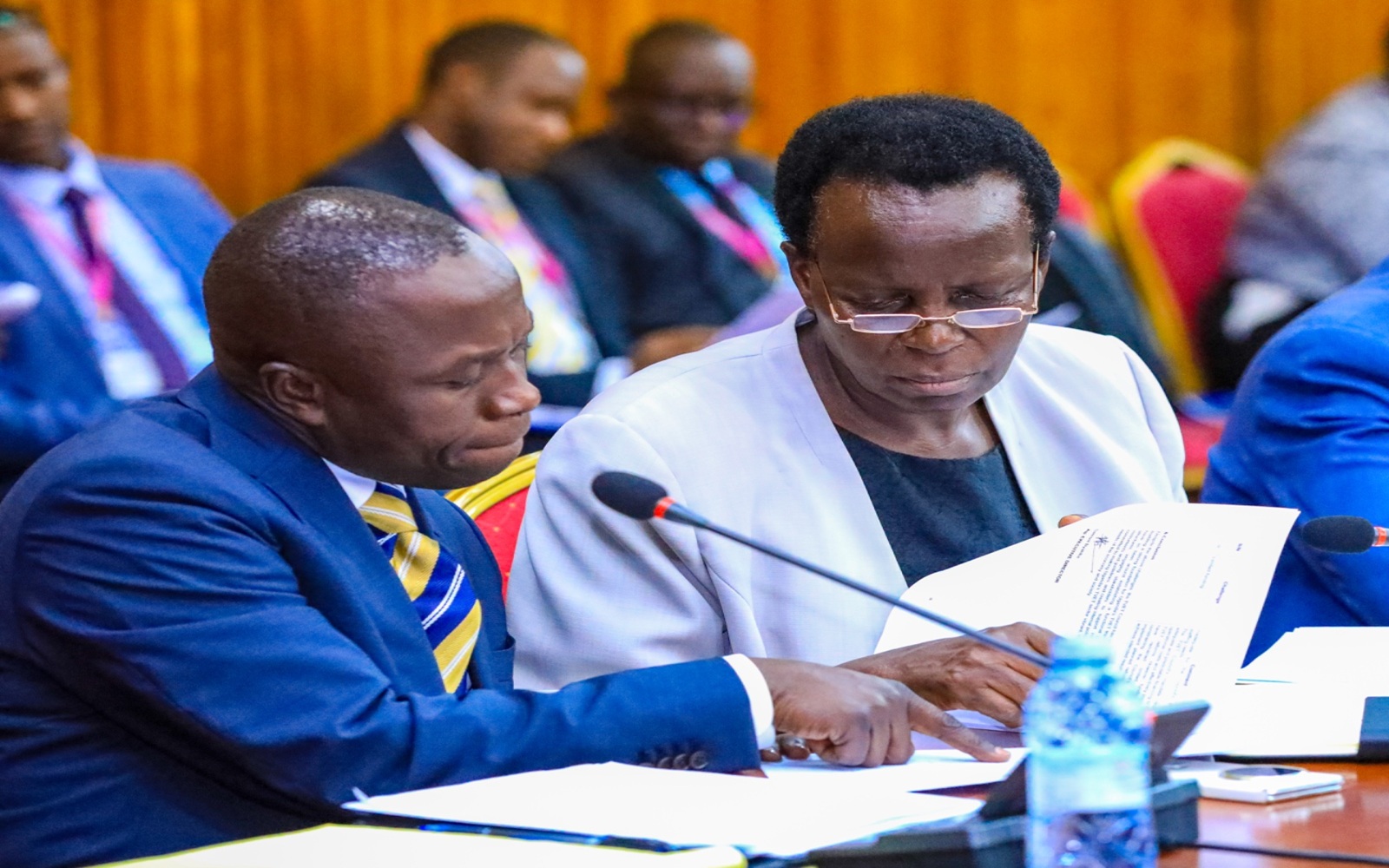The Minister of Local Government Hon. Raphael Magyezi has admitted to major failings in the full operationalisation of new cities and asked Parliament for one month to implement urgent recommendations following a report that exposed serious administrative, financial, and infrastructure gaps.
This followed the tabling of a report by the Committee on Government Assurances and Implementation during plenary on Tuesday, 5 August 2025 which revealed that, five years after the creation of the cities, most remain dysfunctional due to weak governance frameworks, staffing shortages, and lack of funding.
The report presented to Parliament identifies 15 cities that were approved between 2020 and 2023. Of these, only 10 cities have been partially operationalised, while the remaining five have yet to take effect. These are; Kabale, Moroto, Nakasongola, Entebbe and Wakiso.
Presenting the report, Committee Chairperson, Hon. Abed Bwanika (NUP, Kimanya–Kabonera Division), said government had not fulfilled its commitment to ensure the new cities function effectively.
“To a larger extent, government has not implemented this assurance to fully operationalise the newly created cities,” Bwanika said.
He cited the absence of regulations, weak urban policy implementation, delays in gazetting district headquarters, and non-functional statutory bodies.
The report highlighted that most of the 10 partially operationalised cities face acute staffing shortages, with cities like Masaka operating at just 32.1 percent staffing capacity, despite Cabinet approving staff structures as far back as 2022.
Statutory bodies such as City Service Commissions, Land Boards, and Public Accounts Committees are also underfunded. In Mbarara, for instance, the City Service Commission was allocated just Shs18 million to run its operations for the entire financial year 2022/2023.
The report further revealed that most cities do not have approved Physical Development Plans, and asset sharing between cities and their mother districts remains unresolved, leading to conflicts and allegations of fraudulent land sales.
Minister for Local Government, Hon. Raphael Magyezi, acknowledged the challenges and committed to implementing all of the committee’s recommendations.
“We agree with the committee report and fully embrace their recommendations. Since most of the recommendations were giving us 30 days for implementation, I request you allow us to go and focus on that work and return to the House in one month,” he said.
He pledged to present progress on key issues including the gazetting of district headquarters, asset sharing guidelines, staffing structures, waste management and road equipment.
Magyezi also said he would report on legislation to govern cities, and efforts to harmonise remuneration for local leaders.
“We shall show that city financing and local revenue collection have improved, but we need a bit of time to prepare a comprehensive update,” he said.
Speaker Anita Among granted the minister’s request but demanded accountability.
“It all comes back to what you are saying. But you have said we give you one month to come with the action-taking report as per Rule 229. So we need an action-taking report on that,” she said.
MPs across the House welcomed the report but also voiced further concerns about the slow pace of city development.
Hon. Karim Masaba (Independent, Industrial Division, Mbale City) raised alarm over the costs Mbale City has incurred in maintaining road equipment without government support especially after borrowing the equipment’s from the neighbouring district of Bukedea.
“Recently, we had to go through the same cost. The tyres and the wear and tear are very expensive,” he said, adding that the city’s garbage dumpsite at Doko was an eyesore.
“When you are coming to Mbale, you are welcomed by heaps of garbage. It is not a good picture,” he said.
Hon. John Baptist Nambeshe (NUP, Manjiya County) called for accountability for unspent funds.
“In December 2023, the Auditor General reported that over Shs427 billion had been dispatched as start-up funds for the cities, but over Shs41 billion was returned to the Consolidated Fund. This shows failure in absorption even amidst financial constraints,” he said.
Nambeshe also criticised the delays in staff restructuring and lack of clear asset management guidance.
Hon. Silas Aogon (Independent, Kumi Municipality) called attention to the water crisis in urban councils.
“There’s a policy that you cannot construct boreholes in cities or towns without authorisation, yet piped water infrastructure is still lacking,” he said, urging the Minister to prioritise water access in urban areas.
The Speaker Anita Among however said whoever sought to put up boreholes simply needed to get permission from National water and sewerage cooperation.
